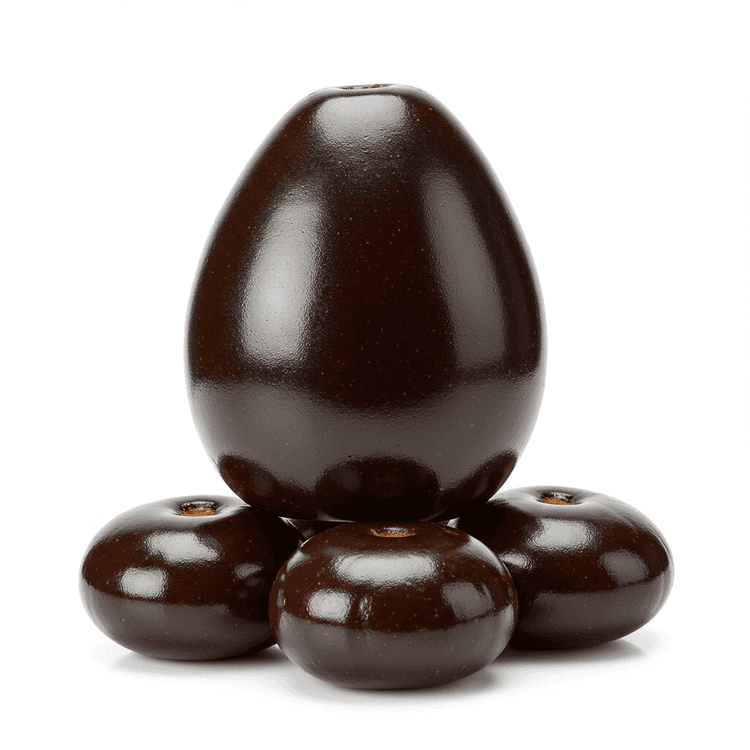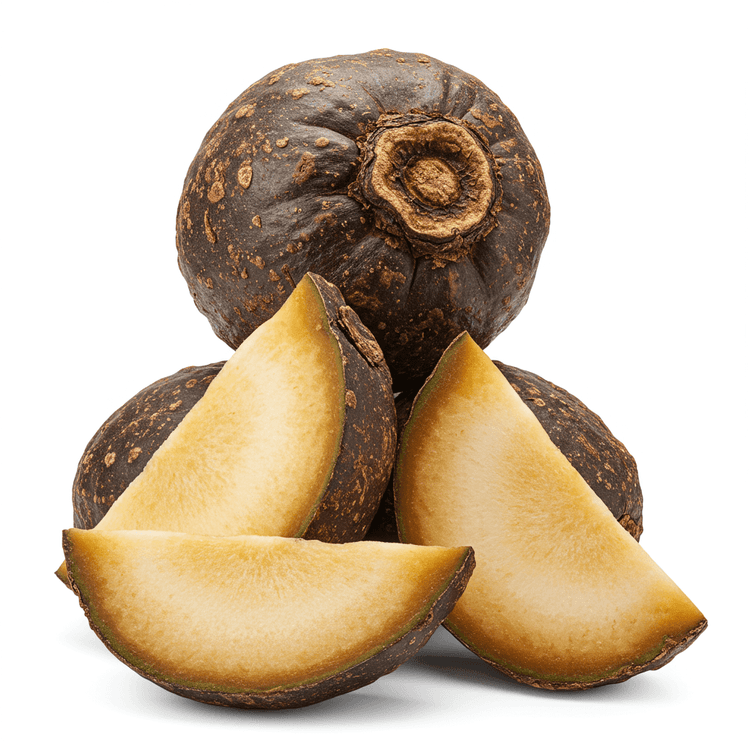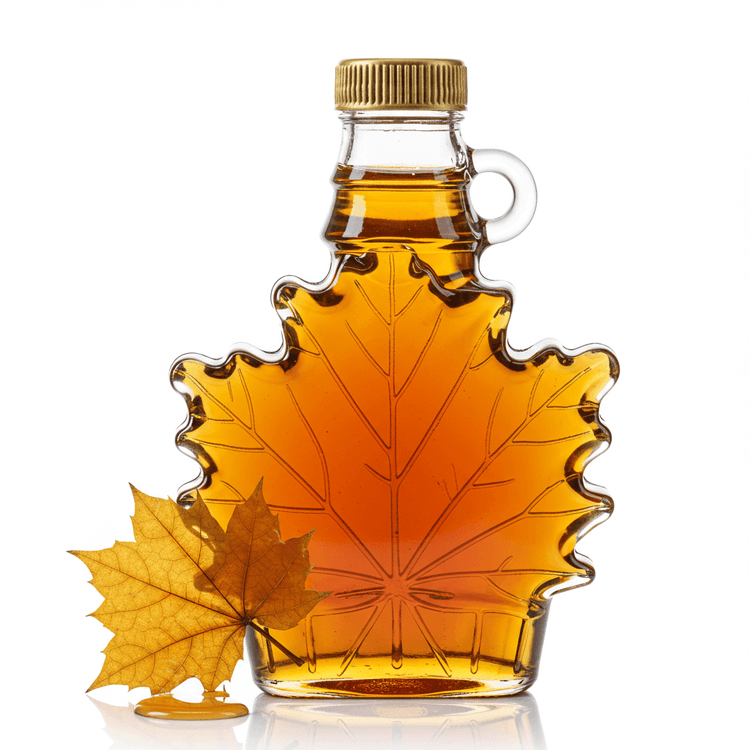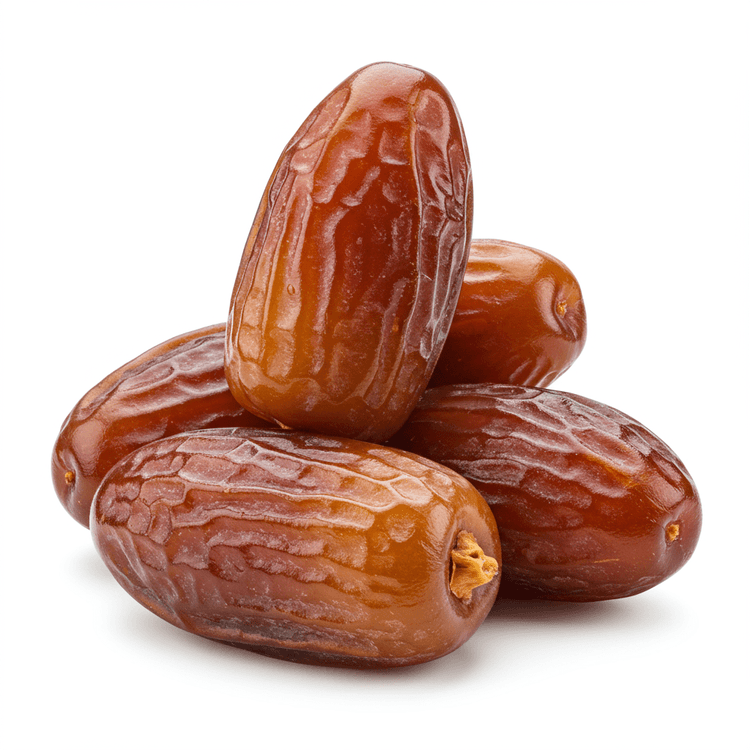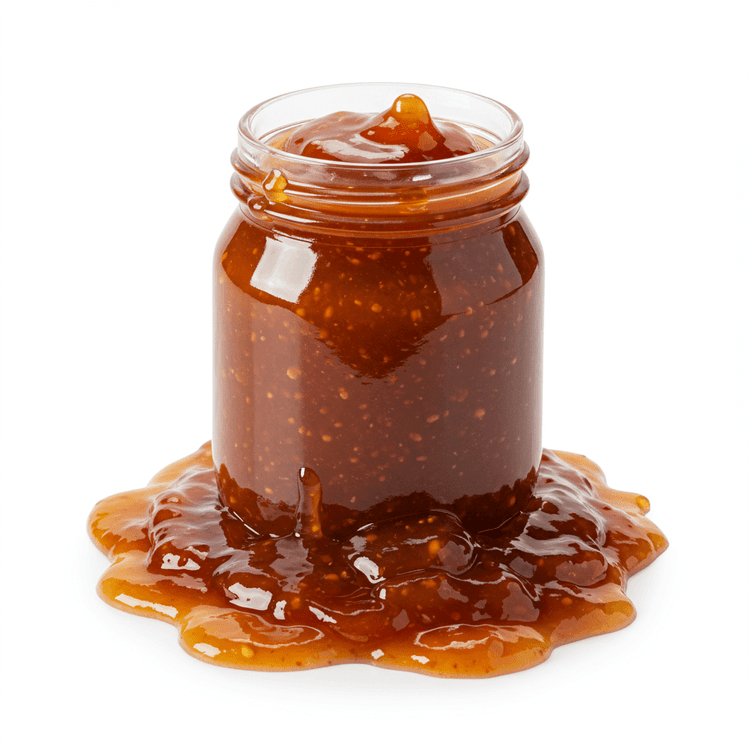
Sweet Sauce
Sweet sauce is a broad culinary term describing any liquid or semi-liquid condiment characterized by a prominent sweet flavor profile. It can range in texture from thin and syrupy to thick and viscous, and its appearance varies greatly depending on the ingredients used, often exhibiting rich colors from amber to deep brown or vibrant reds. Common sweet sauces leverage sugar, honey, maple syrup, molasses, or fruit purees to achieve their desired sweetness. Many types of sweet sauces may include savory, tangy or spicy elements to create a balanced and complex taste experience. Sweet sauces are incredibly versatile and used across many cuisines as toppings, glazes, dips, and flavor enhancers.
Common Uses
- As a dessert topping: Drizzle sweet sauce over ice cream, cakes, pastries, or waffles to enhance sweetness and add flavor, moisture and visual appeal. It provides a finishing touch that elevates the dessert experience.- As a glaze for meats: Use sweet sauce as a glaze for roasted meats, poultry, or grilled vegetables to create a caramelized, flavorful crust. The sugars in the sauce create a beautiful sheen and improve the texture of the dish.- As an ingredient in baking: Incorporate sweet sauce into baked goods like muffins, breads, or cookies for added moisture, flavor, and sweetness. Consider adding sweet sauces in place of some of the sugar in a recipe to add complexity.- As a dipping sauce: Serve sweet sauce as a dipping accompaniment for fried foods like spring rolls, chicken tenders, or sweet potato fries. It is a great way to balance saltiness and add a contrasting flavor element to these dishes.- As a component in marinades: Integrate sweet sauce into marinades for meats, poultry, or tofu to tenderize the protein and impart a sweet, savory flavor. A marinade with sweet sauce will infuse the food with flavor and creates a delicious outer layer.
Nutrition (per serving)
Nutrition (per serving)
Calories
56.0kcal (2.8%)
Protein
0.0g
Carbs
14.0g (5.09%)
Sugars
12.0g (24%)
Healthy Fat
0.0g
Unhealthy Fat
0.0g
% Daily Value based on a 2000 calorie diet
Nutrition (per serving)
Calories
56.0kcal (2.8%)
Protein
0.0g
Carbs
14.0g (5.09%)
Sugars
12.0g (24%)
Healthy Fat
0.0g
Unhealthy Fat
0.0g
% Daily Value based on a 2000 calorie diet
Health Benefits
- May provide antioxidants depending on the ingredients used, contributing to overall wellness.
- Can offer a source of quick energy due to its carbohydrate content.
- If made with natural sweeteners, it might be a better alternative to refined sugar in moderation.
- Some versions contain added vitamins and minerals, enhancing nutritional value.
- May improve palatability of healthy foods, encouraging better eating habits for some individuals.
Substitutes
Chefadora AI is here.
Experience smarter, stress-free cooking.
Storage Tips
The best way to store sweet sauce depends on its specific ingredients and whether it's homemade or store-bought. Generally, homemade sweet sauces should be refrigerated in an airtight container immediately after cooling to prevent bacterial growth; they will typically last for up to a week. Store-bought sauces should be stored according to the manufacturer's instructions. Most bottled sauces can be kept at room temperature until opened, then refrigerated afterward. Check for any signs of spoilage, such as changes in color, smell, or texture, before using.
Marnirni-apinthi Building, Lot Fourteen,
North Terrace, Adelaide, South Australia, 5000
Australia
